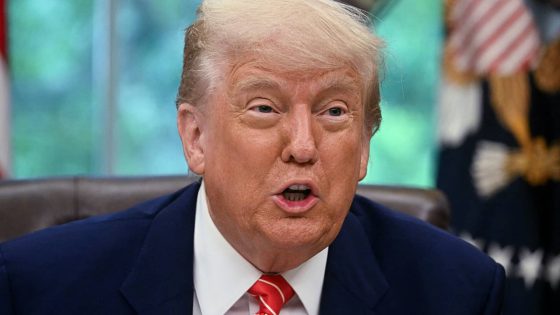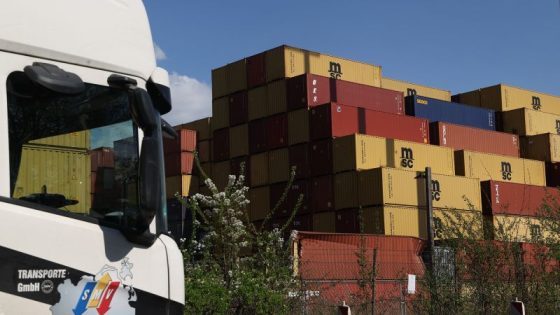President Donald Trump recently announced that tariffs on imports from countries negotiating trade agreements with the united states will start at a minimum of 10%. This statement, made on 2025-05-08 19:37:00, highlights ongoing tensions in global trade relations.
- Trump sets 10% tariff floor on imports
- Higher tariffs for countries with surpluses
- Comments made during UK trade agreement discussion
- Tariffs on UK imports remain at 10%
- Information subject to updates and changes
During a press briefing at the White House, Trump emphasized that some tariffs could be significantly higher for nations with large trade surpluses. His comments come as the U.S. seeks to finalize a new trade agreement with the United Kingdom, where the baseline tariff of 10% will remain in effect.
This development raises questions about the future of international trade dynamics. How will these tariffs affect global markets? What implications do they hold for countries outside the U.S.?
The announcement underscores the complexities of international trade negotiations. As countries assess their strategies, several key points emerge:
- Increased tariffs could lead to retaliatory measures from affected nations.
- Countries with strong trade surpluses may face greater scrutiny and pressure.
- Global supply chains could be disrupted, affecting prices and availability of goods.
- Economic growth may be stunted in regions heavily reliant on exports to the U.S.
As the situation develops, stakeholders worldwide should monitor these changes closely and consider their potential impact on future trade agreements.































